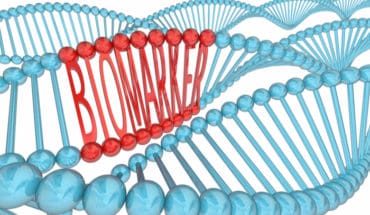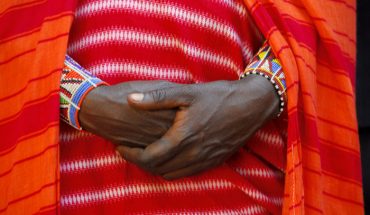In the High Court hearing in the case of Charlie Gard, held on Friday 14th July 2017, the judge ordered a clinical ethicist to chair what Counsel for the parents described as ‘maybe the most critical meeting this case has had’.
This is a multi-disciplinary meeting of healthcare professionals, to be held today (Monday), which will include Professor Hirano, the American doctor who is proposing the experimental treatment, and Charlie’s treating clinicians. If Professor Hirano agrees that the treatment will provide no or negligible benefit to Charlie, the parents’ case will flounder.
If Professor Hirano agrees that the treatment will provide no or negligible benefit to Charlie, the parents’ case will flounder.
If he maintains his current view, their case will be bolstered. The parents’ goal is to show reasonable disagreement between well-informed clinicians. Armed with such disagreement, they will be in a strong position to argue that the decision to undergo the experimental therapy is clinically and ethically reasonable.
Clinical ethicists are experts in ethical issues arising in a clinical context, usually hospitals. They may address issues such as whether to tell a 6-year-old child that he has a terminal disease, or whether to discharge a competent patient who says he will commit suicide, or more commonly decisions about withdrawing life-sustaining treatment from a dying patient. Ethicists are common in North America and rare in the UK. Great Ormond Street Hospital is one of the few hospitals in the country which has had a part-time clinical ethicist.
There is no accreditation for clinical ethicists in the UK, so anyone could call themselves a clinical ethicist. Typically, they hold a PhD or at least a Master’s in medical ethics or a related discipline, and have some experience of working in a clinical environment. Some are practising doctors.
Many ethicists have already expressed their views on this case publicly.
For example, Professors Raanan Gillon, Julian Savulescu and Peter Singer have argued in favour of allowing the parents to decide on Charlie’s treatment, and Professor Dominic Wilkinson and I have argued against.
Again, this sort of disagreement tends to favour the parents’ case.
The identity of the independent clinical ethicist chosen by the Court is unknown to members of the public. His or her role on Monday will not be to offer his views on the ethics of the case, but to chair the meeting of clinicians and determine when it will be appropriate for Charlie’s mother, Ms Yates, to speak. The lawyers will probably agree an agenda of topics for discussion. This agenda will doubtless include Charlie’s current medical status and his suitability for the experimental therapy.
The clinical ethicist will need to familiarise himself or herself quickly with the facts of the case, and will need to have good control of what will be a most unusual multi-disciplinary meeting. MDTs do not usually involve the relatives of patients, an independent chair from a different discipline, and a formal agenda. They are often led by the most senior consultant in the room, in a congenial atmosphere.
The ethicist will act as an impartial judge in controlling the flow, nature and direction of the discussion, and the judge in the next few days will act as an ethicist in deciding whether to allow Charlie to undergo the experimental therapy. Some might say the roles should be reversed.
Dr Daniel Sokol is a clinical ethicist and practising barrister. He is the author of ‘Doing Clinical Ethics’, published by Springer.
- COVID-19 Intensive Care Triage Protocol - 11th April 2020
- Remedial Ethics For Clinicians - 8th December 2019
- Doctors, Status and Social Media - 6th June 2019








Why should the State and the medical system control the lives of our children? The reality is that modern medicine inflicts horrendous suffering on sick children, amounting to torture, in the name of ‘healing’ and yet many of these children experience ghastly suffering and still die – I have known one little girl like this – and yet it is trying to make a case that it is protecting Charlie Gard from suffering because his parents want to try something experimental of their choosing, as opposed to something experimental of their doctor’s choosing. There is some interesting data out there… Read more »